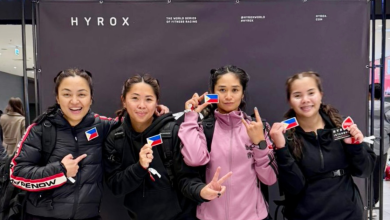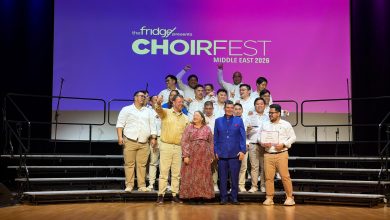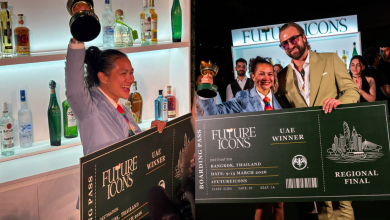(Photos from ASEAN Intellectual Development Project)
In the stretch of Recto Avenue are stores piling up books in towers and leaving them sitting on the corners barely dusted. Between the cracked spines and the dog-eared pages is a diligent Juan, a college student squeezing reading materials into his weekly allowance.
A brand new textbook would cost Juan about P500 to a P1500, depending on the subject. But in Recto, he would only need to look diligently and pay a cheap sum to buy the textbook his professor requires. These textbooks have gone through the hands of students who only use them for one semester and sell them again later on.
Some 11,000 kilometers from this textbook goldmine is 20-year-old Chris Mills, a Filipino-Canadian who is just as eager to score books in a more-progressive place, Trent University, to bring home to the Philippines.
Two years into settling into Canada, Mills is trying to change the narrative that is Juan’s reality, one textbook at a time.
Mills grew up in the Philippines but moved to Canada after he graduated high school. He has made it his personal cause to bring global education to the less fortunate students in the Philippines.
Mills explained how difficult it was to begin a book drive because he lacked the proper credentials.
“In their eyes, I’m only an immigrant because it was my first year living in Canada so no one really knows me. Why would they trust me? I was handing out flyers and asking for book donations,” he recalled.
However, a professor, Russell Turner, was impressed by his initiative and vouched for him. It did not take long before the textbooks started flowing in. He would manually carry tens of thick books into the back of his car and bring them home for packing.
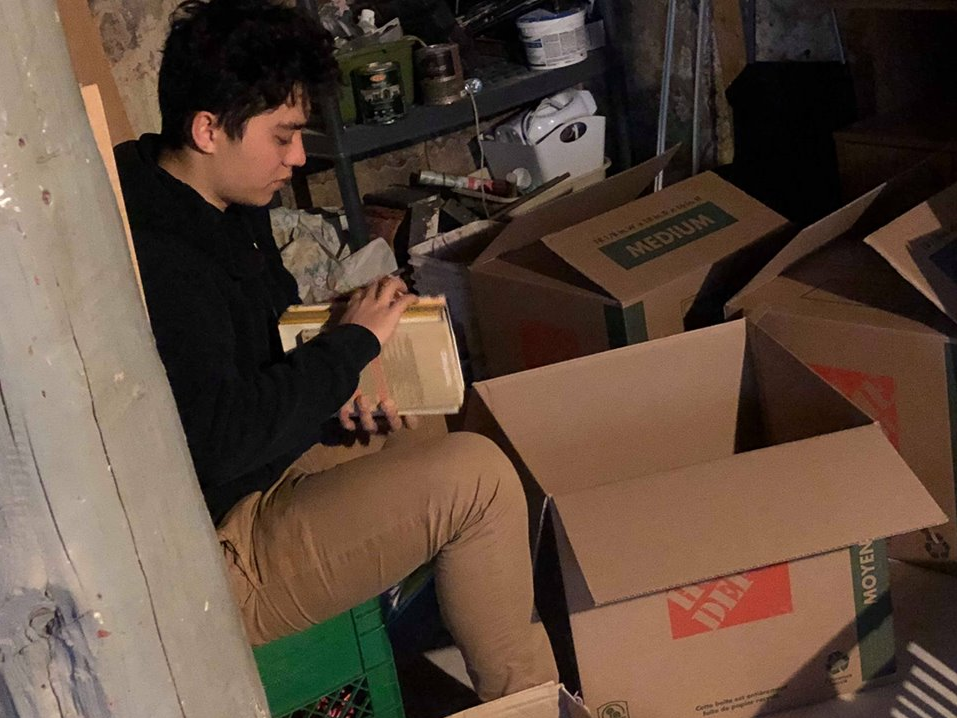
Admittedly a slacker at school himself, Mills only realized the value of education in the university.
“It does not matter whether you go to La Salle, to UP or to Polytechnic University. An accounting degree is an accounting degree whatever it is. Education is the equalizer between the fortunate and less fortunate,” Mills quoted a professor as saying.
That thought of equalizing people was what got him into starting the project and then there was his mother, whose life is an inspiration not only to him but to many overseas Filipino workers (OFW) as well.
Chris Mills is the son to Rebecca Bustamante, a former household service worker who made a name for herself by building her own company in Canada.
“I am fortunate enough to have a mom that’s well-connected and supportive of this project.”
Mills recalled when he was problematic with the shipping costs of the textbooks to the Philippines. He talked with his mom who suggested collaborating with a courier that fortunately obliged.
“They saved me so much. I got 1,900 books shipped off by LBC for free. That was really big,”
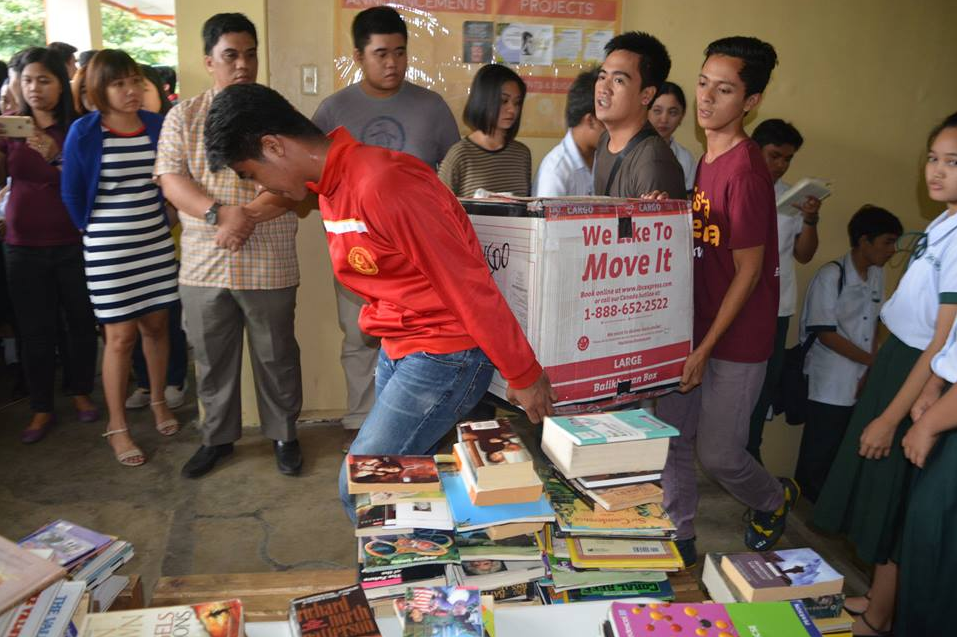
Although he is aware that not all students or Filipinos are fond of reading, Mills believes that it all boils down to whether a person wants to be successful.
“It’s easy to sit at home and scroll Facebook all day and sleep but if you really want to become like my mom, she came from a poverty-stricken family, how was she able to become more than a domestic helper? She read a lot of books and draw on the experiences of people on how to become successful,”
For Mills, his mother is a living testimony of how hard work would eventually lead you to making your mark.
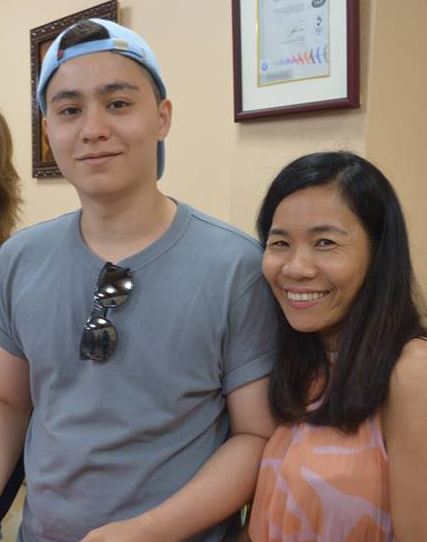
“I want to effect change,” he stressed. He would often wonder why his mom had to go all the way to Canada to be successful.
“Why do they (Filipinos) have to go to the US or the UAE to flourish? Sana dito na lang.”
What drives Mills to pursue this project is to provide Filipino students with an education that would equip them to build a first-world country; his firm belief is that knowledge and hard-work will boost the country’s economy.
“Just hearing from the professors and librarians saying how much depth is in the material. The difficulty is also slightly higher (than the ones available here),” he explained.
Mills is not entirely a stranger to the Philippine public school system. He briefly attended a public school in Pangasinan in grade school. He would also hear anecdotes from his Filipino cousins of how it would take decades before a textbook would get a new edition.
On the second week of August, Mills turned over the books he gathered to the Bulacan State University. He is more inclined to help state universities in the provinces since he thinks they are less likely to get exposed to these books.
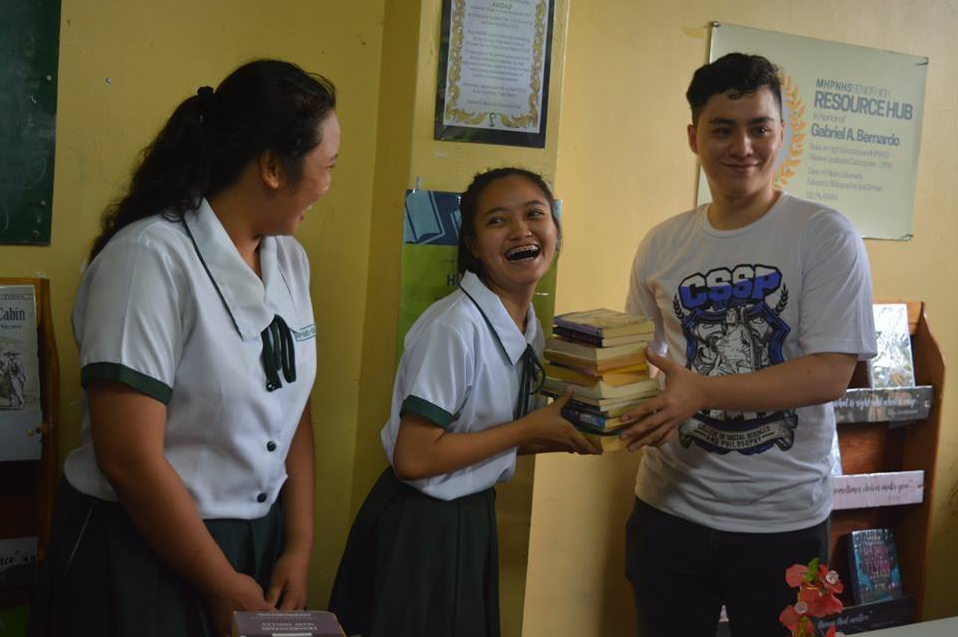
“It’s pretty much of where I could give; whoever will utilize it.”
Although still in its infancy, he is confident that with the proper guidance, students will be able to properly utilize the books he worked hard to get there. His hope is that through his effort, students like Juan will no longer have to find a needle in a haystack for good learning material.
Currently, Mills is hoping to expand his project. He is in contact with institutions in other countries in hopes to bring their books to the Philippines. He looks forward to the day where the Philippine education system will be at par with its Southeast Asian neighbors.
